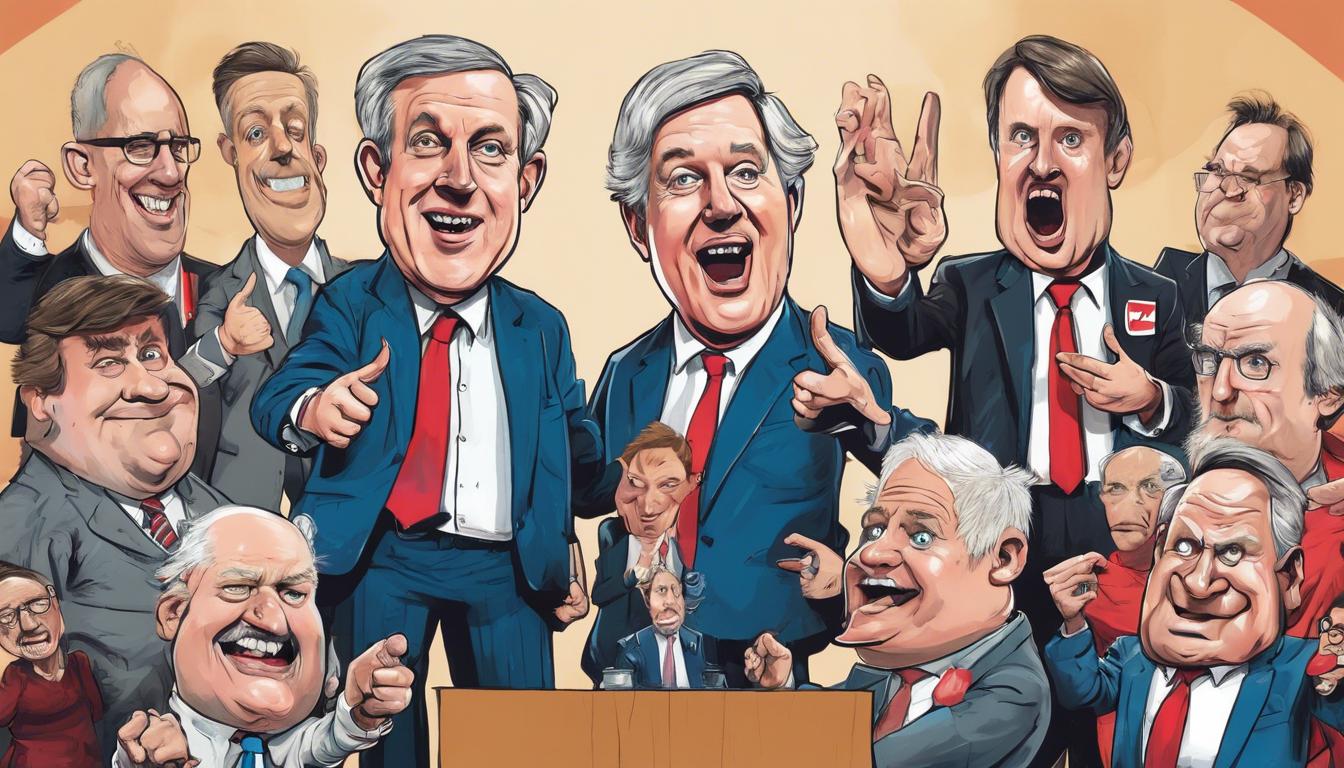The UK’s major political parties are adopting varied strategies to engage voters, with the Conservatives facing internal disputes and lost support to Reform UK, while Labour focuses on integrating faith communities into its policy framework.
The UK political scene is currently witnessing significant tensions and strategic manoeuvres among its major parties. The Conservative Party, facing a decline in support, has entered into a public dispute with Reform UK, a growing political threat. The conflict was ignited by criticisms exchanged between Conservative deputy chair Jonathan Gullis and Reform leader Richard Tice, leading to a war of words. Conservative Party chair Richard Holden accused Tice of being a “threatening bully,” highlighting the heightened tensions. The situation is aggravated by a recent poll indicating a potential loss for the Conservatives in upcoming elections, with Reform UK gaining popularity, especially among working-class voters. This scenario poses a risk to prominent Conservative figures, including Home Secretary James Cleverly and Prime Minister Rishi Sunak, potentially affecting their constituencies.
In contrast, the Labour Party, under leader Keir Starmer, is strategically embracing faith communities as part of its vision for national renewal. Despite not having strong religious beliefs himself, Starmer sees the positive role of faith groups in society and aims to integrate them into Labour’s policies for tackling social challenges. This approach involves appointing “faith champions” among MPs to foster relations with religious organizations and communities, aiming to address issues exacerbated by Conservative policies over the last 14 years. Labour’s initiative seeks to ensure that engagement with faith groups is not misused for budget cuts, as was criticized during David Cameron’s “big society” initiative. This strategy reflects Labour’s commitment to a more inclusive and community-focused governance model, recognising the contributions of faith communities, especially during crises such as the pandemic and the cost of living crisis.
These developments indicate a shifting political landscape in the UK, with parties exploring different strategies to connect with voters and address the nation’s challenges.













